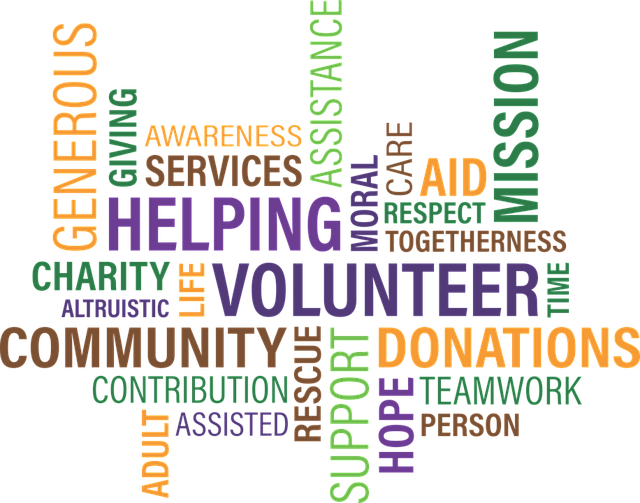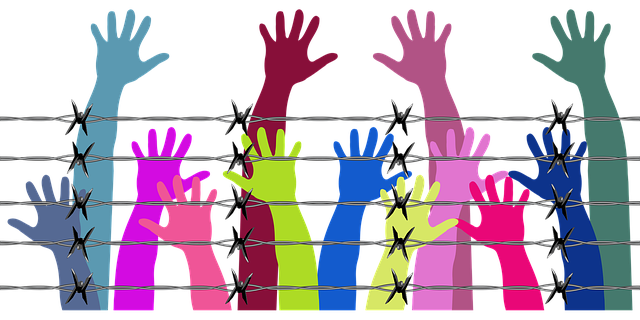Companies considering their interactions with the environment as a broad definition should remember and include their social compliance impacts.
Such an approach is consistent with the concept of sustainable development from the United Nations Brundtland Commission:
“meeting the needs of the present without compromising the ability of future generations to meet their own needs.”
This endeavor includes economic, environmental, and social compliance.

OFFER: For every conflict minerals reporting request, Enviropass offers FREE Slavery and Trafficking Audit!
Contact us today to redeem your offer!
One can describe it as the integration of social considerations in business management.

A socially responsible company will strive to grow while offering benefits to:
Social practices include, for example:

Corporate social compliance is defined here as the mandatory portion of social responsibility.
Many significant social compliance efforts target human trafficking and conflict minerals, especially in the electronics industry.
Strategic minerals have played a central role in various conflicts of interest in Afghanistan, Angola, the Democratic Republic of the Congo (DRC), Sierra Leone, and other countries. Especially in the DRC, a humanitarian crisis has been raging with terrorist atrocities and multiple human rights violations.

The US Dodd-Frank Act and the EU Regulation 2017/821 have joined efforts to target the 3TGs, four minerals originating from conflict areas in the DRC:
The electronics industry massively uses 3TGs in various applications. However, the list of conflict minerals worldwide also includes other minerals not regulated under the laws above. Such minerals include diamond and cobalt.
Human trafficking consists of trading people and abusing their rights. The following activities are causes for human trafficking:

Modern slavery is almost a synonym to human trafficking and is one of the most lucrative illegal exploitation.
The International Labour Organization (ILO) estimates that modern slavery affects over 40 million people worldwide, including almost 25 million forced workers. Various industries are impacted, including electronic manufacturers.

Several countries have enacted regulations to help eradicate modern slavery from supply chains:

Requirements include publishing a corporate policy.
Similar to the CMRT, the STRT (Slavery & Trafficking Risk Template) helps company audit their supply chain against human trafficking. The STRT is a voluntary initiative launched by the Social Responsibility Alliance (SRA).
We are here to help you implement an integrated sustainable development strategy that includes social compliance. Contact Enviropass today!